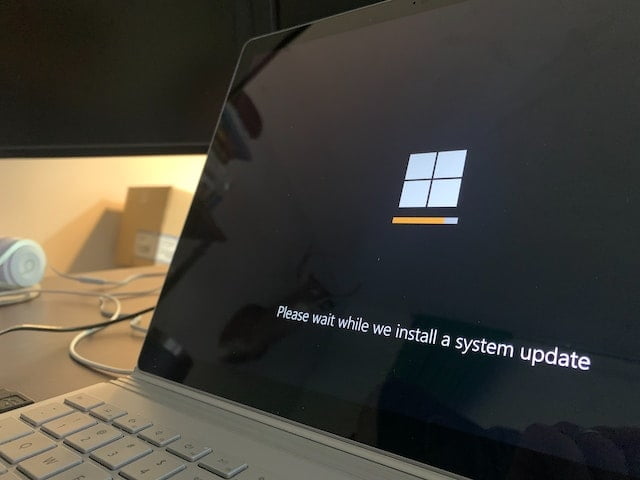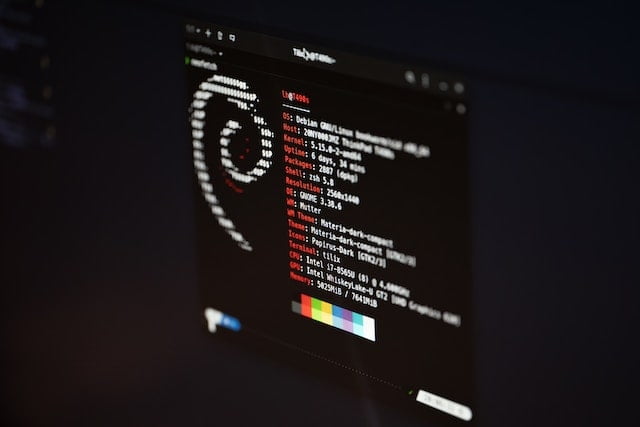When it comes to business computing, Microsoft products have long been the preferred choice for corporate environments. While Apple products are popular among consumers, they have yet to gain significant traction in the business world. However, in recent years, Linux has emerged as a viable alternative to both Microsoft and Apple products, particularly for businesses looking for open-source solutions. In this article, we will examine why Microsoft products have traditionally been the go-to choice for businesses, the challenges that Apple products present for corporate environments, and the advantages that Linux and Microsoft offer as alternatives.
THE IMPORTANCE OF MICROSOFT PRODUCTS:
Microsoft’s products have become even more important in recent years with the introduction of Office suites, Microsoft Teams, Azure, and other cloud solutions. These products have allowed businesses to take advantage of the scalability and accessibility of cloud computing. Microsoft’s Office suite provides businesses with a powerful set of tools for productivity, collaboration, and communication. Microsoft Teams is a versatile platform for team collaboration, with chat, meetings, and file sharing capabilities. Azure provides businesses with cloud-based infrastructure, platform, and software services, allowing for increased flexibility and scalability.

MANAGEABILITY AND SECURITY:
One of the key advantages of Microsoft products is their manageability. Microsoft’s suite of software deployment tools, such as Windows Server Update Services (WSUS), System Center Configuration Manager (SCCM), and Microsoft Endpoint Manager, make it easier for IT professionals to deploy and manage software across large networks. Microsoft’s security offerings, such as antivirus and Azure Active Directory, provide businesses with scalable and customizable security solutions. Additionally, Microsoft’s File Sharing services offer businesses flexible and secure file sharing capabilities. Microsoft’s Active Directory simplifies identity management, making it easier to manage user accounts, group policies, and access control.

CHALLENGES WITH APPLE PRODUCTS:
Apple products, while popular among consumers, present several challenges for businesses. One of the main challenges is their lack of manageability. Apple’s suite of management tools, such as Apple Remote Desktop and Profile Manager, are limited in their scope and functionality, making it harder for IT professionals to manage large networks. Additionally, Apple’s limited ecosystem of third-party software vendors and developers can limit the options available to businesses looking to customize or extend their systems.

What about LINUX:
In recent years, Linux has emerged as a viable alternative to both Microsoft and Apple products for businesses, particularly those looking for open-source solutions. Linux offers a high degree of flexibility and customizability, with a wide variety of distributions and open-source software packages available. This makes it an attractive option for businesses that need to tailor their computing environments to meet specific needs. Additionally, Linux is known for its stability, security, and low resource requirements, which can be particularly advantageous for businesses with limited IT resources.

In conclusion, while Microsoft products remain the go-to choice for businesses, Linux has emerged as a viable alternative for those looking for open-source solutions. Apple products, while popular among consumers, present challenges for businesses with their limited manageability and ecosystem. Ultimately, businesses must consider their unique needs and resources when choosing the best computing solution for their environment.